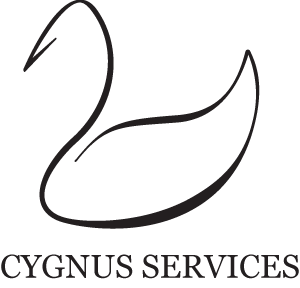(Today’s post is written by Jeff Boersma and was originally shared at Leading by DESIGN, where Jeff and I are team members. It is written for our LEAD 365 alumni, although all are welcome to read it.)
If everyone were just more like me, the world would be a better place—or at least my organization would be—or at least my team would be.
Besides being an entirely narcissistic statement, it would not be the case that if our teams simply had more uniformity, they would be better. But when are differences valuable? When are they harmful?
After all, we’ve all learned that when it comes to vision, we are far better off if we are all moving and rowing in the same direction, seeking to fulfill the same clear and bold vision. So should we all be the same in every way? Probably not.
The team of Leading by DESIGN is made up of four very different people pursuing the same bold vision. Rodger Price, Meredith Nieuwsma, Gerald Alvaro, and Jeff Boersma are better together because we know ourselves, know each other, and are intentional about building these differences into a great team. A single cohort session with any two of us makes it obvious that we are different and yet united. We are different in our gifts and passions and wiring, AND we are united in fundamental beliefs, values, and vision.
What we are talking about today is this: it is an immensely powerful combination for a team to be pursuing the same clear vision with alignment in beliefs and values AND to have different kinds of people who know one another well and bring unique passions, gifts, and wiring. For this incredibly powerful combination to happen, as leaders we need to know ourselves and others.
This is where instruments like StrengthsFinders, Myers-Briggs, and the DiSC profile can be so valuable. We get to see a reflection of ourselves as well as a reflection of others.
It is a very rare team that benefits from everyone having identical strengths, temperament, and personality. While certain teams may need more of a certain kind of person, it is simply never the case that if everyone were just like you, your team would be better.
Coming to know your teammates takes more than personality tests and assessments. They need to be leveraged in order to be powerful. This is where the Johari Window comes in to play. Once we have the results from an assessment, we need to make sure we practice self-disclosure about the results, as well as give feedback to others. Knowing yourself and others well requires that you be intentional about moving these results and perspectives more and more into the I Know, You Know box of the Johari Window. Share your results with your teammates. Look at the balance of styles in your team. Talk about how these tendencies exhibit themselves in your team.
While knowing your wiring and the wiring of others is really important, it is also critical to have an informed knowledge of your root system: your beliefs, values, passions, and gifts. Teams ought to be aligned really well with their beliefs and values—with a much more generous variation in their gifts and passions. Again, these are the very things that, once identified, bring incredible benefit to our teams when intentional effort is taken to get them into the I Know, You Know box.
One final thought: Knowing yourself does not mean that you must accept everything about yourself as is. When we know ourselves, are honest with ourselves, and are willing to receive feedback, we may very well discover that some of the things we know about ourselves might need to change in order to be more effective. A leader worth following not only knows herself or himself, but is also open to growth in order to be more effective.
Jeff
Image by www.naciendoenholanda.com. Used under CC BY 2.0 license.

